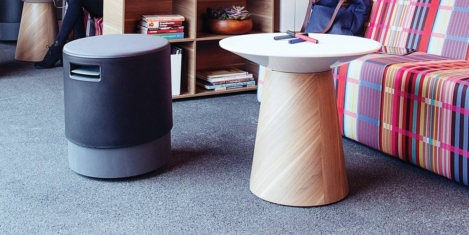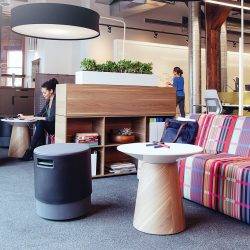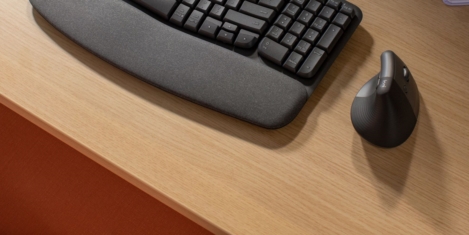November 27, 2023
From the archive: The role of workplace design in employee engagement 0
Originally published six years ago, this feature is currently the most read story ever on the website with around 50,000 readers. A global study by my own firm Steelcase has found that one-third of workers across 17 of the world’s most important economies are actually disengaged. The findings make worrying reading for employers around the world, as engagement is so demonstrably linked to business critical outcomes such as employee retention, productivity and even profits. It certainly raises the question of what more can be done, including in terms of workplace design, to boost engagement levels amongst these employees. (more…)












 According to
According to 




 Logitech has unveiled
Logitech has unveiled 














November 10, 2023
The challenge for fit-out firms is to deliver best value despite supply chain challenges
by Kevin P'ng • Comment, Facilities management, Property, Workplace design